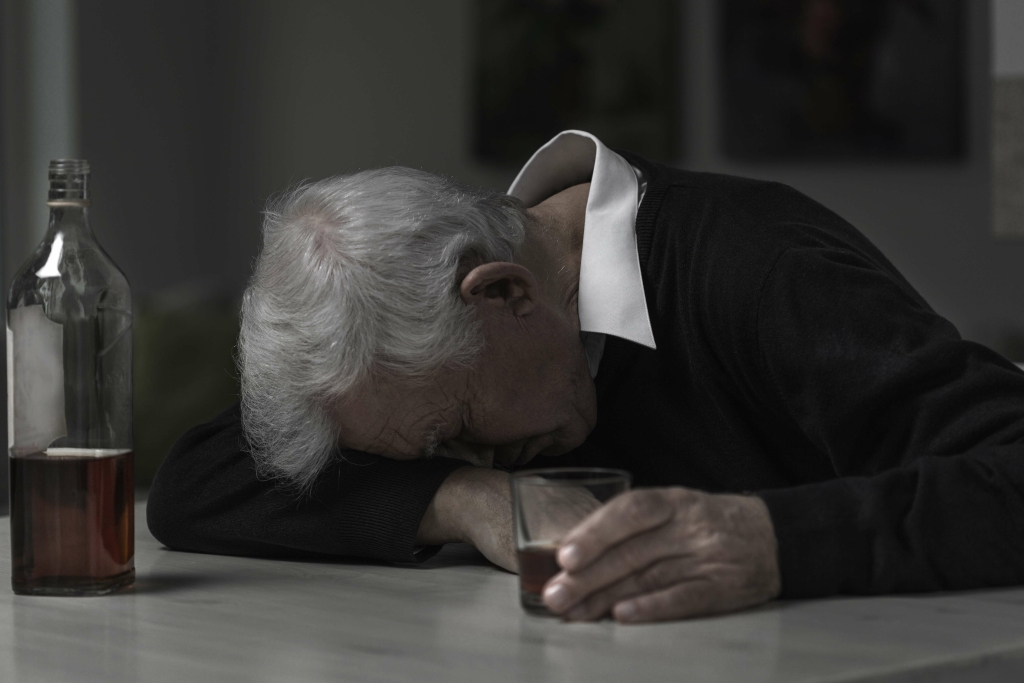Dry January: How to take a break from alcohol so you’ll actually stick with it
Content
- You learn to embrace momentary discomfort in favor of long-term contentment
- Are there downsides to taking a break from alcohol?
- Here’s what you get when you join the challenge:
- Ten reasons to take a break from alcohol
- Stand back and ask: ‘How does drinking serve me?’
- thoughts on ““Doing a 30”: How To Stop Drinking For A Month”
Whether you want to drink less, drink rarely, or not at all. Instead, you’ll discover how to follow the wisdom of your body. Barely noticing when the waiter is slow to bring your drink order. As the famous Forest Gump saying goes, “My momma always said, life was like a box of chocolates.” Therefore, perhaps the only way to truly know if something is the missing piece that you’ve been searching for is to give it a whirl. Get news on human & agricultural genetics and biotechnology delivered to your inbox.
Support for going sober in the bush as new program helps break the stigma of giving up alcohol – ABC News
Support for going sober in the bush as new program helps break the stigma of giving up alcohol.
Posted: Sat, 03 Dec 2022 08:00:00 GMT [source]
When a person who drinks heavily stops abruptly, that rush of dopamine is also reduced. Eventually, the brain will try to recalibrate itself; and for the most part, it can restore its dopamine to more consistent levels. Researchers say wine, beer, and liquor all can raise your risk of a variety of cancers. Here are 8 ways to turn down a drink, regardless of your reasons. Social media can also be a great place to start making sober friends by following hashtags such as #soberlife, #soberissexy, and #sobercurious.
You learn to embrace momentary discomfort in favor of long-term contentment
If you drink a lot, you might notice heart symptoms that seem to be worse—like palpitations and higher blood pressure—when you first stop drinking. If going out for drinks feels more like a mandatory event and less like a fun occasion, you might be considering taking a break from alcohol—at least for a little while. We all have that friend who took a timeout from booze, and just swears they look better, feel better, and suddenly have the boundless energy of a baby gazelle. So maybe it’s time to see for yourself what happens when you stop drinking. Reduce Drinking in the Future- According to research from the University of Sussex, the simple act of taking a break from alcohol helps people drink less in the long term.
- However, by the time you’ve finished a long day at work and have got the kids to bed, a familiar feeling washes over you.
- People drink for a variety of reasons, Koskinen notes, but “stress-management and social connections” tend to top her clients’ lists.
- It has an impact on just about every facet of our wellbeing, and has a major influence on mental and physical performance.
- Improved Health – Taking a break from alcohol can improve blood sugar levels, decrease blood pressure, and decrease fat accumulations in the liver.
Although we often turn to a glass of wine or a stiff martini to feel better, the irony is that drinking can have both short- and long-term negative effects on mood. Since alcohol floods the brain with dopamine, which influences how we feel pleasure, the “rush” of this feel-good chemical can cause anxiety to flare up as soon the levels begin to drop. Over time, this can turn into a detrimental cycle of drinking, feeling anxious, and then drinking more to reinstate a feeling of calm. That’s why alcohol consumption can lead to reduced mood, increased anxiety, and even depression. “There’s a high correlation between alcohol use disorder and other mental disorders, including depression and anxiety,” Dr. McGrath explains. “When you stop using alcohol, it really benefits your overall mental health.” When you’re trying to change a habit like over drinking, support from others can improve your chances of success.
Are there downsides to taking a break from alcohol?
I used to find myself in what I call the the”over cycle.”First, you over give, and when people don’t notice/reciprocate you get over triggered, which causes you to overreact, which then causes you to get overwhelmed… Then you over give to make up for the entire drama and the cycle begins again.

“Most of the dermatological conditions that are worsened by heavy drinking will slowly normalize over time after cutting out alcohol,” Dr. Genebriera says. Exactly how much time may vary according to the condition and the individual. What many people don’t realize is that alcohol produces a toxic effect on the body.
Here’s what you get when you join the challenge:
This week, learn how to get out of this trap, the truth about how your personality impacts your drinking habits, and how to think about your habit in a more accurate and effective way. If you’re considering your relationship with alcohol, it’s important to educate taking a break from alcohol yourself on the common risks of drinking. So in essence, when it comes to mental health, which is deeply affected by sleep, and both mental health and sleep are affected by alcohol consumption, an alcohol break really does a lot of good in both areas.
Is a bottle of wine a day too much?
Drinking a bottle of wine per day is not considered healthy by most standards. However, when does it morph from a regular, innocent occurrence into alcohol use disorder (AUD) or alcoholism? First, it's important to note that building tolerance in order to drink an entire bottle of wine is a definitive red flag.

